Hezbollah leader Hassan Nasrallah was reportedly the target of airstrikes on Beirut on Friday, according to U.S. media, including CBS, a partner of the BBC, citing an Israeli official.
Israel’s military announced it conducted a “very accurate” strike on Hezbollah’s headquarters but has not confirmed whether Nasrallah was the intended target.
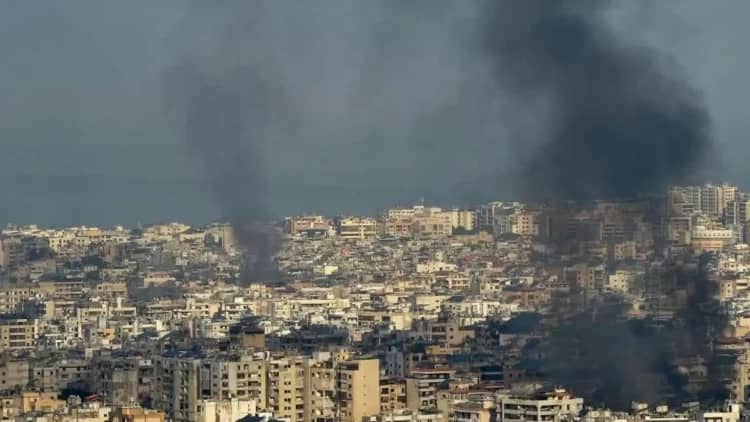
Airstrikes continued into Saturday morning in southern Beirut, with a BBC correspondent observing thick smoke rising from several locations in Dahieh.
The Israeli military stated it is “attacking” targets in the Bekaa Valley this morning after detecting a rocket fired from Lebanon.
On Friday, Lebanese officials reported that six people were killed and 91 injured in an airstrike, with local authorities stating that nearly 800 individuals have died in Israeli strikes in Lebanon since Monday.
The Israeli military has conducted extensive strikes on Hezbollah positions in the Bekaa Valley.
Recent updates from the Israel Defense Forces (IDF) indicate that Air Force fighter jets have “extensively attacked” Hezbollah targets in the Bekaa Valley. Earlier reports mentioned strikes on the Hezbollah stronghold in northeastern Lebanon.
Among the targeted locations were weapons storage facilities, military buildings, and launchers aimed at Israel. The IDF has committed to continuing its strikes within Lebanese territory.
An earlier update from the IDF stated that five rockets fired from Lebanon were detected following warnings in northern Israel, with some of those rockets being intercepted.
Numerous Israeli strikes occurred in Lebanon overnight and into the morning. BBC reporters on the ground in Beirut noted that displaced residents spent parts of the night in the streets.
Here are some initial images from the city this morning:
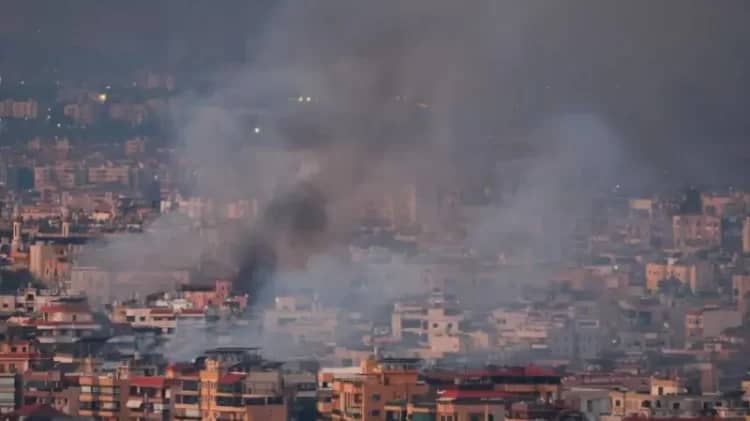
Smoke rises over buildings in Beirut’s southern suburbs.
Residents at Martyrs’ Square in Beirut remained in their cars overnight after fleeing the southern suburbs.
Strikes continued in the southern suburbs of Beirut into the morning after a rocket fired from Lebanon was detected in the West Bank, landing in an open area, according to the IDF.
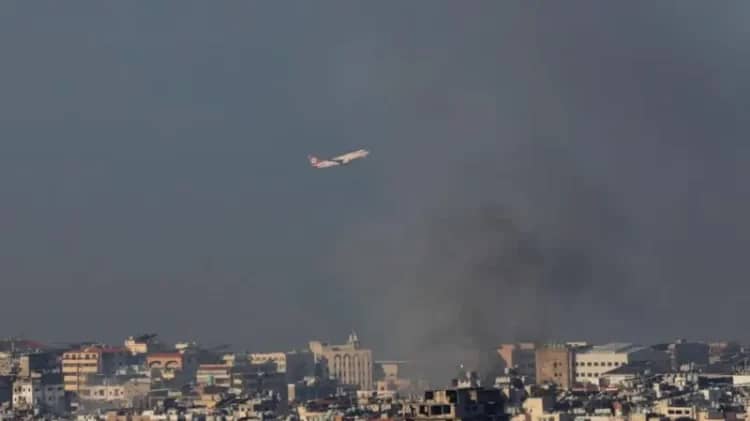
Hospitals in Beirut’s southern suburbs have been ordered by Lebanon’s health ministry to prepare for evacuation and to accommodate patients from the affected areas.
In a statement released this morning, the ministry advised that hospitals in the capital, Mount Lebanon, and areas “not affected by the Israeli aggression” should halt accepting “non-emergency cold cases” until the end of next week.
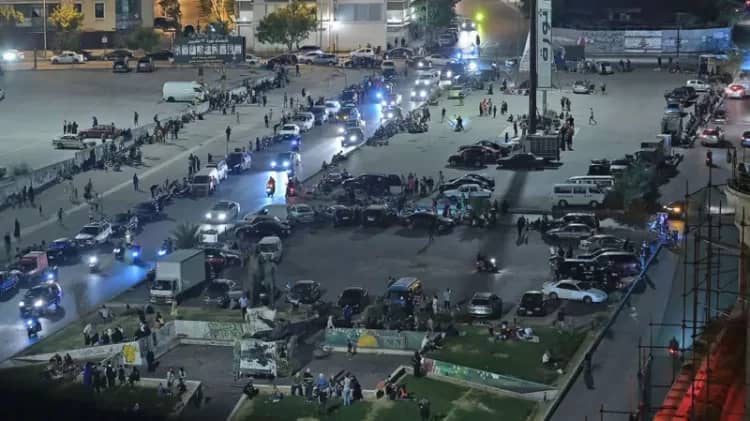
This comes as Israeli strikes in the region continue on Saturday morning. The ministry is also urging hospitals to prepare for patients displaced during the night.





































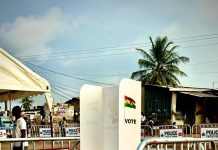





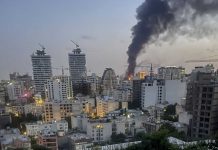












![[FREE FREE MONEY] Predict and Win a Guaranteed GH¢200 From Us EVERY WEEK](https://wordpress.ghanatalksradio.com/wp-content/uploads/2022/02/Predict-and-Win-Final-09-03-2021-218x150.jpg)
![[Predict & Win – 8th/Oct.] WIN A Guaranteed ¢200 From Us This Week](https://wordpress.ghanatalksradio.com/wp-content/uploads/2021/10/maxresdefault-16-218x150.jpg)
![[Predict & Win – 2nd] WIN A Guaranteed ¢200 From Us This Week](https://wordpress.ghanatalksradio.com/wp-content/uploads/2021/09/maxresdefault-50-218x150.jpg)
![[Predict & Win – 25th] WIN A Guaranteed ¢200 From Us This Week](https://wordpress.ghanatalksradio.com/wp-content/uploads/2021/09/maxresdefault-36-218x150.jpg)
![[Predict & Win – 18th] WIN A Guaranteed ¢200 From Us This Week](https://wordpress.ghanatalksradio.com/wp-content/uploads/2021/09/maxresdefault-23-218x150.jpg)



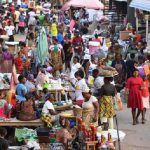





![[National cathedral] See full list of churches that have contributed since 2018](https://wordpress.ghanatalksradio.com/wp-content/uploads/2020/09/Ghana-National-Cathedral-GhanaTalksRadio-100x70.jpg)



